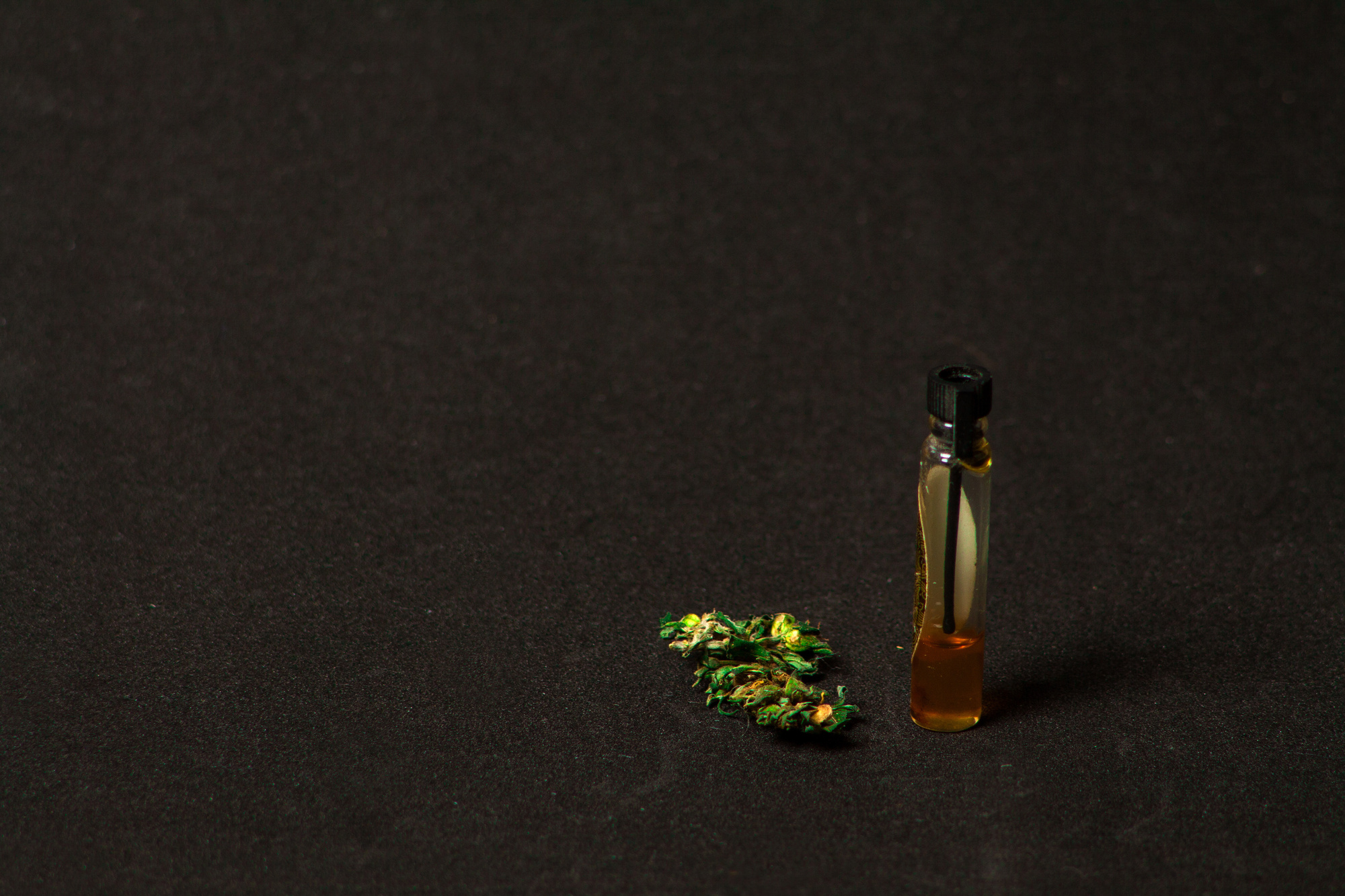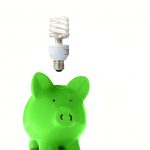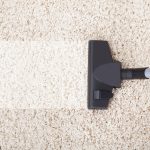How Does CBD Make You Feel? Why You Can Take it at Work
Imagine a legal drug that increases productivity and makes the work day fly by.
It sounds like something from the movies, but it’s the real deal. It’s cannabidiol.
But, how does CDB make you feel? Keep reading to learn about the effects, dosages, and benefits of using CBD products.
The Truth About CBD
Most people know that CBD is associated with marijuana and therefore it has a taboo tied to it. However, effects from marijuana versus CBD are entirely different. You see, it doesn’t get you high like regular weed does.
Here’s why. The marijuana plant contains two different main compounds, THC, and cannabinoids. Both act differently on the brain.
It’s the THC that has psychoactive effects, causing euphoria, lack of motivation, the munchies, and all that. CBD, on the other hand, is the counteractive part of the high.
Cannabidiol (CBD) is just one form, out of over 100 cannabinoids, in cannabis. Yet, it accounts for up to 40% of the plant’s extract. Its job is to balance out the high that THC gives, but it doesn’t make a person feel high on its own.
Sativa Cannabis vs. Hemp
CBD comes from both the sativa cannabis plant (marijuana) and the hemp plant. When it comes to the form available to the general public, it’s usually from the hemp plant.
What’s the difference? The hemp plant is in its natural form, like ancestral plants of old. Marijuana plants, on the other hand, have been bred over the years to produce altered levels of THC to CBD.
They are no longer in their native form, but hybrids. The higher levels of THC are what make marijuana plants illegal in most states. On the contrary, CBD oil from hemp plants with less than 0.3 percent THC is legal in all 50 states.
How Does CBD Make You Feel?
The feeling you get from a dose of the oil is subtle, kind of like drinking a fantastic cup of coffee with a shot or two of espresso. It seems to make things more tolerable and the user more pleasant.
Little body aches that you usually deal with, disappear. You know, like that headache you get from staring at the computer screen for hours. Your uncomfortable chair suddenly feels comfier.
Using CBD oil at work makes time pass by faster too, much like listening to music does. Who wouldn’t love to get through the mundane and tedious parts of the day with ease?
Another universal benefit reported by users is that they are more alert and productive, and have less anxiety at work. Handy for those who have to present at a company meeting.
How Does CBD Work on Your Brain?
Humans have cannabinoid receptors in our body and brains that accept CBD called CB1 and CB2. CB1 receptors are mostly in the brain, while CB2 receptors are part of our immune system.
Our bodies produce CBD (cannabinoids) naturally, and they are always present, attaching to the CB receptors. In the past, the belief was that exogenous CBD acted on the CB2 receptors directly. Nowadays, we know that exogenous forms, such as oils, influence our body to use more of its natural cannabinoids instead.
CBD is also neuroprotective. This means it protects brain neurons against degeneration.
Forms and Dosages of Cannabidiol
CBD comes in a variety of forms for use. These include:
- Edible Foods: Gummies, chocolates, caramels, cookies, etc.
- Oils
- Capsules
- Massage Paste
- Isolate Powders
- Vape Pens
- Bath Bombs
To learn more about which kind fits your lifestyle and tastes best, do some experimenting. Most places that sell CBD products also offer free or low-cost samples to try.
How Much to Take
Wondering how much CBD to take? Dosages will vary depending on the type you purchase and its intended use. For example, oil taken orally for pain ranges from 2.5 to 20 mg. The same for schizophrenia is between 40 and 1280 mg.
For general use at work, start with a lower dosage until you know how it will affect you personally. You can always increase it from there.
You will gradually build up a tolerance for CBD, needing higher doses to get the same effects. It’s recommended to take a break every 4-6 weeks to reset your tolerance level back to its starting point.
Other Uses for Cannabidiol
In case you’re curious, CBD has many other medical and practical uses too. If you suffer from any of these conditions or know anyone who does, consider seeing how it can help.
- Epilepsy
- Drug Withdrawals
- To Quit Smoking
- Headaches and Migraines
- Schizophrenia
- Alzheimer’s
A recent study found that CBD could potentially prevent the loss of facial recognition in the early stages of Alzheimer’s. - Type 1 Diabetes
CBD helps reduce inflammation in the pancreas, which is the primary cause of type 1 diabetes. - Acne Vulgaris
Acne is mostly caused by inflammation and an increase in the production of sebum. CBD helps lower sebum production because of its anti-inflammatory properties. - Anxiety obsessive-compulsive disorder (OCD)
- Panic attacks
- Post-traumatic stress disorder (PTSD)
- Social anxiety
Although THC can make paranoia and anxiety worse by acting as a trigger, CBD helps reduce anxiety. It does so without the side-effects and detrimental symptoms that medications can cause. - Cancer
CBD helps to blocks cancer cells from spreading. It suppresses their growth and promotes the death of the cancer cells. Unlike chemotherapy, CBD has a low toxicity level too.
Final Thoughts
It’s pretty common knowledge that things like lighting and surroundings can increase productivity and mood on the job. CBD products can do it too, even if your working environment isn’t the best. In fact, that’s one of the main reasons people use drugs at work in the first place.
Whether it’s for being more productive and getting through a workday, or for some ailment, cannabidiol may be your answer.
Have you ever used CBD at work or for a health condition? How does CBD make you feel? Let us know in the comments.



